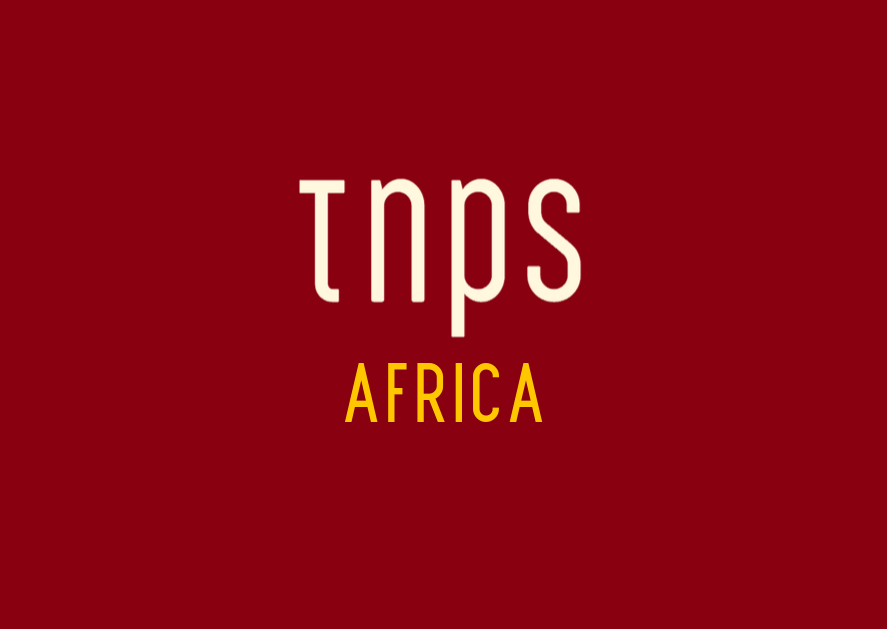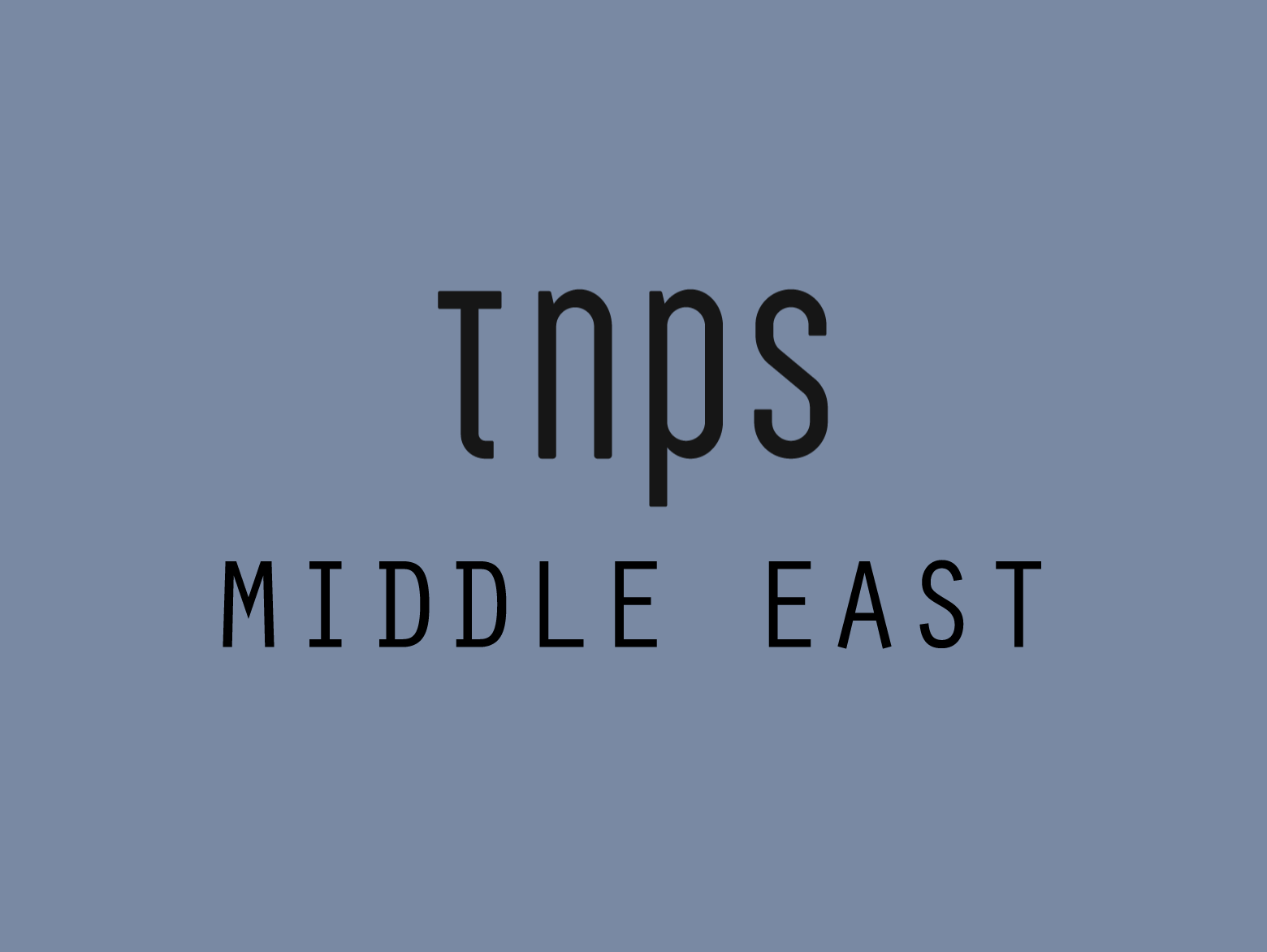In the year 2000 there were just 200,000 people online in Kenya.
By 2010 it had risen to almost 4 million.
That in itself is an impressive number, giving Kenya in 2010 as many internet users as New Zealand or Ireland have today.
Then smartphones arrived.
And like many other African nations Kenya effectively by-passed the desktop dial-up and landline era and went from 4 million to over 40 million in just the past eight years.
Yes, Kenya started 2018 with over 43 million people using the internet.
That’s more internet users in Kenya than there are people in Canada.
That’s literally twice as many people online in Kenya as there are in Australia.
That’s more people online in Kenya than in Spain.
That’s four times as many people online in Kenya as in either Belgium. Sweden, Czech Republic, Hungary or Portugal.
That’s eight times as many internet users in Kenya as there are in either New Zealand, Bulgaria, Ireland or Denmark.
And while the focus here is on Kenya, there’s a bigger story still behind these numbers.
As 2018 began there were 453 million Africans online. That’s 127 million more than the entire population of the USA.
In fact there are more people online in Africa than in North America – that is, the USA, Canada and Mexico combined.
And here’s where it gets exciting. The USA is at 88% internet penetration. Africa just 35%.
When Africa reaches 50% internet penetration there will be 647 million people online. On current trends that will be early next decade. Certainly within the next five years.
To put that fully in in context, within five years there will be almost twice as many people online in Africa as there are people in the United States.
Africa – the ebook opportunity.
Internet statistics here.






Thanks and this is interesting. However, is there a solution to efficiently distribute the ebooks to Africa?
Technically there is no problem to solve. There are three broad issues here.
The chicken and egg issue of supply and demand, the issue of localised access, and the perception of Africa as a digital backwater.
The latter in many ways determines the others. Very few people realise how much Africa has “caught up” in terms of internet access. In analogue book terms Africa is a “backwater” in that the challenges of print book distribution are hue, and even within a single country the problems can be insurmountable in some areas. It’s easier for a publisher in Nigeria or Kenya to sell a book in the USA than in their neighbouring countries.
So understandably for most of publishing history Africa has not been seen as worthwhile commercially.
Digital potentially changes everything. But archaic twentieth century territorial restrictions mean few western books are allowed to be sold in Africa, and where they are – Kobo for example offers theoretical ebook access anywhere on the continent, the issue of localised access arises.
Put simply, the Three A’s: Availability, accessibility and affordability.
If the books are legally available, are they accessible? Whoever heard of Kobo? Google Play and Amazon are bigger brands, but Google Play has just two stores in Africa (South Africa and Egypt). Amazon’s Kindle store is blocked from view across most of the continent and where it is accessible, as South Africa, readers are surcharged $2 per book.
That surcharge comes on top of the regular prices which will be USA prices, often quite unaffordable, and even if they are affordable the big retailers offer no localised payment options.
All this creates the chicken and egg problem for African publishers – why digitise when there is no retail infrastructure? While retailers, if they are looking at Africa at all, ask why bother when there are so few local ebooks?
Things are changing, but no instant just-add-water solutions. However, as the sheer scale of the potential African ebook market hits home to western publishers and retailers, so these problems will be resolved.